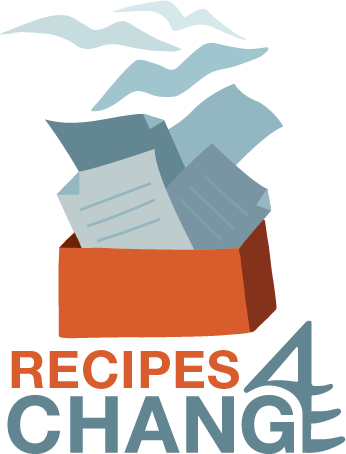The Power of Beliefs
I woke up with a jolt. It was 7am on the 16th of August. The A level results are out. I knew that my daughter was probably already up trying to access her results online. I got out of bed and went looking for her. As I rounded the corner into the living room and heard her sigh I wondered for one split second whether it was a sigh of joy and relief or disappointment. I got my answer almost immediately as she turned her head round from the computer screen and said to me, “ Two A* and an A!”




